A Guide to Understanding the Meaning of Being a Japanophile

Being a Japanophile, also known as a Nipponophile, is about having an intense fascination or love for Japanese culture, history, language, and everything that the country represents. This term, which has been in use since the 18th century, describes individuals who are not necessarily of Japanese origin but have a deep appreciation and understanding of the country's unique traditions, customs, and lifestyle. A Japanophile might be engrossed in various aspects of Japan ranging from its pop culture - including anime, manga, and J-pop - to its traditional arts such as tea ceremonies, calligraphy, and ikebana (flower arrangement).
Others may find themselves drawn to Japan's rich culinary scene, technology, fashion, or its profound philosophical and spiritual heritage. Being a Japanophile is more than just a casual interest; it's a deep-rooted passion that drives one to explore and understand the depth and breadth of this captivating East Asian nation.
Read this blog post to learn what is like being a Japanophile~
What is Being a Japanophile?
Definition of Being a Japanophile
A Japanophile is someone who is deeply interested in and appreciates Japanese culture. The term refers to a person who is enthusiastic about many aspects of Japanese society and traditions, including pop culture, history, language, food, fashion, and more. Japanophiles may study the Japanese language, watch anime, read manga, practice martial arts, participate in cosplay, and immerse themselves in other elements of the Japanese lifestyle. Their strong admiration and passion for Japan often inspire them to travel there as well.
The word "Japanophile" combines the country name "Japan" with the Greek suffix "-phile," meaning lover or admirer. So a Japanophile is literally a "lover or admirer of Japan." This term is analogous to other words like "Francophile" (lover of French culture) and "Anglophile" (lover of English culture). The opposite of a Japanophile would be a "Japanophobe," someone with an aversion or hostility towards Japan.
Japanophiles exhibit an intense interest in Japan that goes beyond a casual appreciation. Their enthusiasm drives them to actively seek out and immerse themselves in many facets of Japanese culture. Key characteristics include studying the Japanese language, consuming Japanese media like anime and J-pop, practicing Japanese traditions and customs, and traveling to Japan when possible.
Characteristics of Being a Japanophile
There are several common characteristics and behaviors exhibited by Japanophiles:
-
Studying the Japanese language - Japanophiles often study Japanese formally in school or teach themselves through books, apps, videos, etc. They strive to become fluent and use Japanese terms regularly.
-
Consuming Japanese pop culture - Anime, manga, J-pop, J-drama, and Japanese films are hugely popular among Japanophiles. They eagerly follow new releases.
-
Practicing Japanese traditions - Japanophiles may participate in cultural practices like tea ceremonies, calligraphy, flower arranging, and Japanese festivals.
-
Trying Japanese cuisine - Food is another major facet of culture. Japanophiles seek out Japanese restaurants and try cooking Japanese dishes at home.
-
Traveling to Japan - Many Japanophiles dream of visiting Japan one day. Those who have visited feel a strong connection and want to return.
-
Participating in cosplay - Dressing up as anime/manga characters is a popular activity. Japanophiles cosplay at conventions and photo shoots.
-
Collecting manga/anime merchandise - Japanophiles often collect figurines, posters, keychains, and other items related to their favorite series.
-
Seeking out Japanese fashion - Some emulate Japanese street fashion like Lolita, decora, mori girl, etc. Others follow Japanese brands.
-
Interest in history/society - Beyond pop culture, Japanophiles dive into Japanese history, societal norms, politics, and philosophy.
In essence, Japanophiles exhibit an intense passion for many aspects of Japanese culture. Their enthusiasm drives them to actively pursue the Japanese language, media, cuisine, fashion, traditions, and travel. Immersing themselves in these interests is a major part of a Japanophile lifestyle.
History of Being a Japanophile
Origins of the Term
The term "Japanophile" was first coined in the late 1800s during the Meiji Period in Japan. This era from 1868 to 1912 marked a major turning point when Japan shifted from an isolated, feudal society to a modern nation engaging with the Western world. As Japan opened up to international trade and travel, Westerners were able to experience Japanese culture firsthand for the first time.
Some of the earliest Western Japanophiles were artists and writers who traveled to Japan in the late 1800s. They became fascinated by elements like woodblock prints, kimonos, and geisha culture. For example, French artist Félix Régamey visited Japan in the 1870s and wrote an illustrated essay depicting his enthusiasm for Japanese aesthetics.
The term "Japanophile" emerged as a label for these early Western admirers who developed a passion for Japanese art and culture. It was likely first coined by Europeans living in Japan during the Meiji Period. The word demonstrated that it was possible to love and appreciate the culture of a non-Western society.
Notable Figures in the Japanophile Movement
Some noteworthy Japanophiles throughout history include:
-
Claude Monet - The French impressionist painter was an avid collector of Japanese woodblock prints (ukiyo-e) and incorporated Japanese aesthetics into his artwork.
-
Vincent van Gogh - Inspired by ukiyo-e prints, the Dutch post-impressionist painter emulated Japanese art styles in his work.
-
Frank Lloyd Wright - The American architect's prairie-style homes were influenced by Japanese design principles he admired.
-
Lafcadio Hearn - An author best known for his books about Meiji-era Japan, which he wrote after settling there in 1890.
-
Ruth Benedict - An American anthropologist whose 1946 book "The Chrysanthemum and the Sword" shaped Western perceptions of Japanese culture.
-
Hayao Miyazaki - The renowned anime director co-founded Studio Ghibli, introducing classic films like "Spirited Away" to global audiences.
-
Marie Kondo - A modern organizing consultant who sparked interest in the Japanese practice of tidying and minimalism.
From artists to anthropologists, Japanophiles over the past century have helped shape cross-cultural exchange and spread appreciation for Japanese culture worldwide.
Cultural Implications of Being a Japanophile
Impacts on Language
The enthusiasm of Japanophiles has significantly influenced language use, especially English:
-
Loanwords - English has adopted many loanwords from Japanese like typhoon, tsunami, samurai, otaku, emoji, and more.
-
Wasei-eigo - Japanese words coined from English roots are used globally, like salaryman, capsule hotel, and karaoke.
-
Romaji - Romanized Japanese words are often used by Japanophiles online, such as kawaii, desu, gomenasai, arigato.
-
Japanese media terms - Words related to anime, manga, etc. are now commonplace, including otaku, kawaii, moe, harem, hentai.
-
Japanese names - Anime fans use Japanese names and honorifics when referring to characters, actors, and creators.
This linguistic exchange reflects the cultural sway Japan holds over Japanophiles worldwide. Their passion drives the integration of Japanese terms into global vernacular.
Influence on Arts/Entertainment
Japanophilia has also made a significant impact on arts and entertainment around the world:
-
Anime/manga popularity - These mediums have become a global phenomenon, with anime conventions occurring worldwide.
-
Live-action remakes - Popular anime and games are often adapted into Hollywood movies and TV shows.
-
Video games - Japanese games like Super Mario, Pokémon, and Final Fantasy define the industry and childhoods worldwide.
-
J-pop music - J-pop artists like Babymetal and Perfume have found international fame, touring globally.
-
Fashion trends - Japanese street fashion is inspiring designers and influencing global style.
-
Architecture - Japanese minimalism and nature themes are incorporated into modern buildings.
-
Home/lifestyle goods - Japanese aesthetics and brands like Muji are popular for their simplicity and design.
-
Cuisine - Sushi and ramen restaurants can be found in most major cities around the world.
From visual arts to music, games, fashion, and food, Japanophiles have propelled Japanese culture to the forefront of mainstream international arts and entertainment.
Modern Japanophile Culture
Fandom and Social Media Communities
The internet has allowed Japanophiles to connect and share their fandom globally, creating thriving online communities:
-
Anime forums - Fans discuss new releases, share fan art, and debate power levels.
-
Manga scanlation groups - Volunteer groups translate and distribute unofficial scans of untranslated manga.
-
Cosplay pages - People share photos and tips for costumes of favorite characters.
-
YouTube channels - Video essays analyze anime symbolism and discuss theories.
-
Subreddits - Niche groups exist for many shows and cultural topics.
-
Discord/Slack groups - Online chats enable superfans to connect in real time.
-
Fanfiction/fanart - Creative fans produce original works based on popular series.
-
Gaming streams - Broadcasts of players competing in Japanese fighting games have millions of viewers.
Social media enables Japanophiles to access a constant stream of content, discuss niche interests, and feel connected to a community worldwide.
Impacts on Tourism and Globalization
The Japanophile culture has also contributed greatly to tourism and the country's global economic influence:
-
Pop culture tourism - Anime/manga fans travel to visit real-life locations depicted.
-
Otaku pilgrimages - "Holy sites" featured in shows attract devotees, like the rural town of Washimiya for Lucky Star.
-
Cosplay tourism - Events like the World Cosplay Summit attract costumed fans.
-
Harajuku/Akihabara - Youth culture hubs draw visitors eager to buy fashion, manga goods, and experience the vibe.
-
Japanese language schools - Many study abroad to improve their Japanese and experience immersion.
-
Expat community - Some Japanophiles eventually move to Japan long-term for work or marriage.
-
Business partnerships - Companies worldwide collaborate with Japanese firms to leverage their cultural influence.
The passion of Japanophiles fuels tourism and drives economic ties. Their support has amplified Japan's cultural impact despite its relatively small population size.
Conclusion
Being a Japanophile is an immersive and enriching experience that involves a deep appreciation for Japanese culture, language, history, and lifestyle. It is characterized by a fascination that goes beyond casual interest, driving individuals to actively explore and understand the many facets of Japanese society. From studying the language, engaging with pop culture, and practicing traditional customs, to dreaming of or actually visiting Japan, being a Japanophile involves an intense passion and dedication.
Japanophiles have played a significant role in global cultural exchange, introducing and popularizing elements of Japanese culture worldwide. They've influenced language use, arts, and entertainment, and have created thriving online communities centered around shared interests. Moreover, their enthusiasm has boosted tourism and contributed to Japan's global economic influence.
In essence, being a Japanophile is about more than just liking anime or sushi. It's about embracing the beauty, complexity, and uniqueness of Japanese culture. Whether it's through learning the language, participating in traditional ceremonies, or simply enjoying a bowl of ramen, being a Japanophile offers a unique way to experience and appreciate the world.










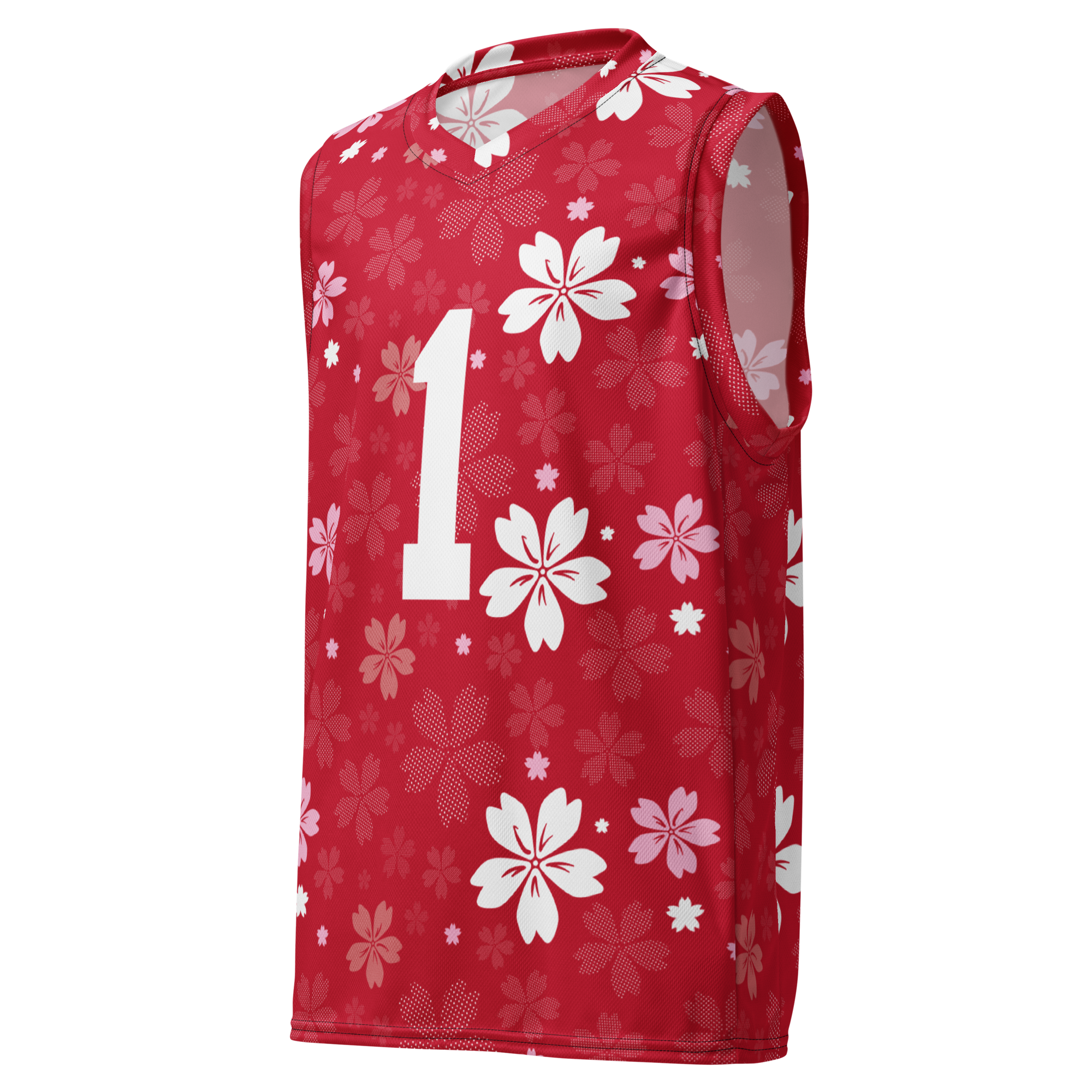
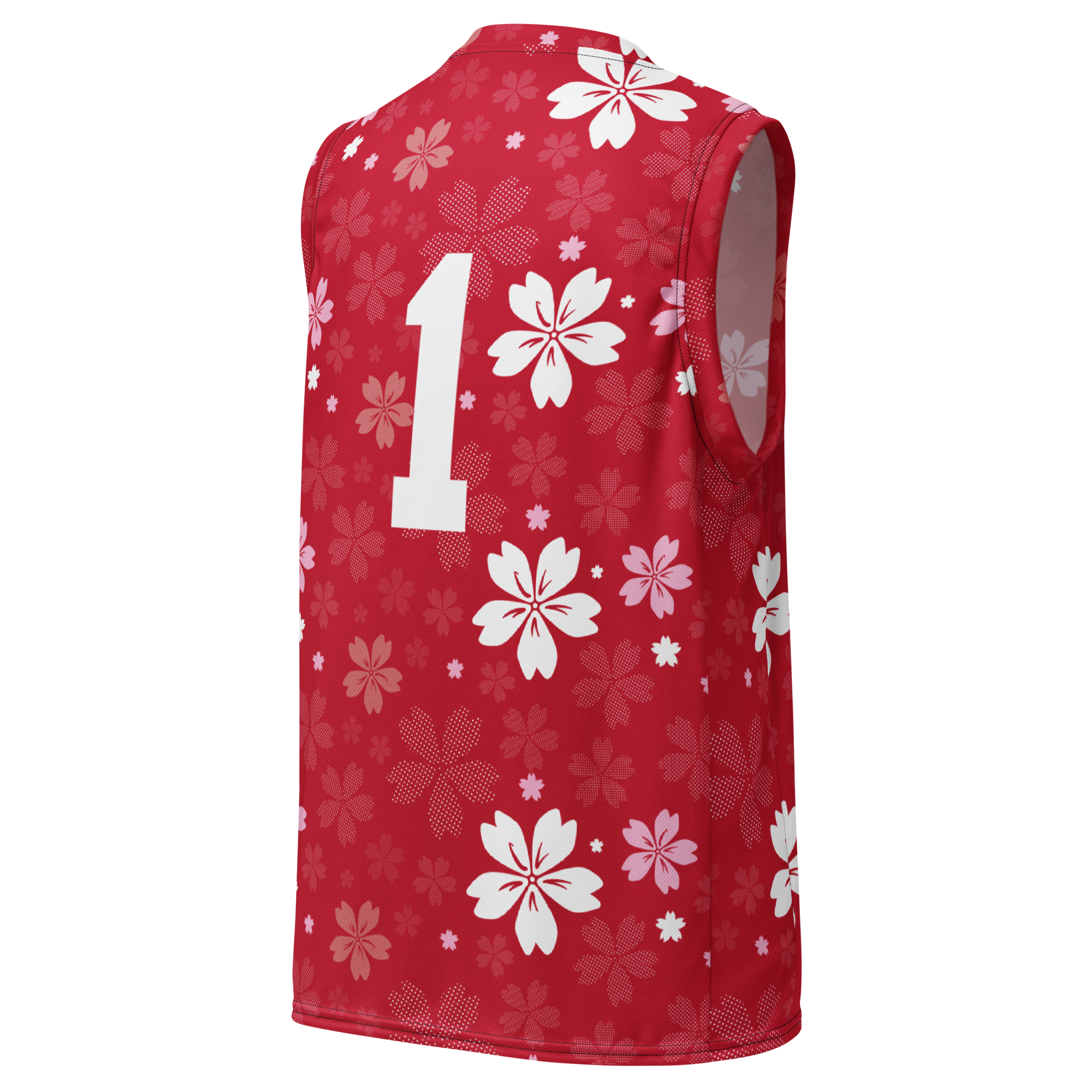
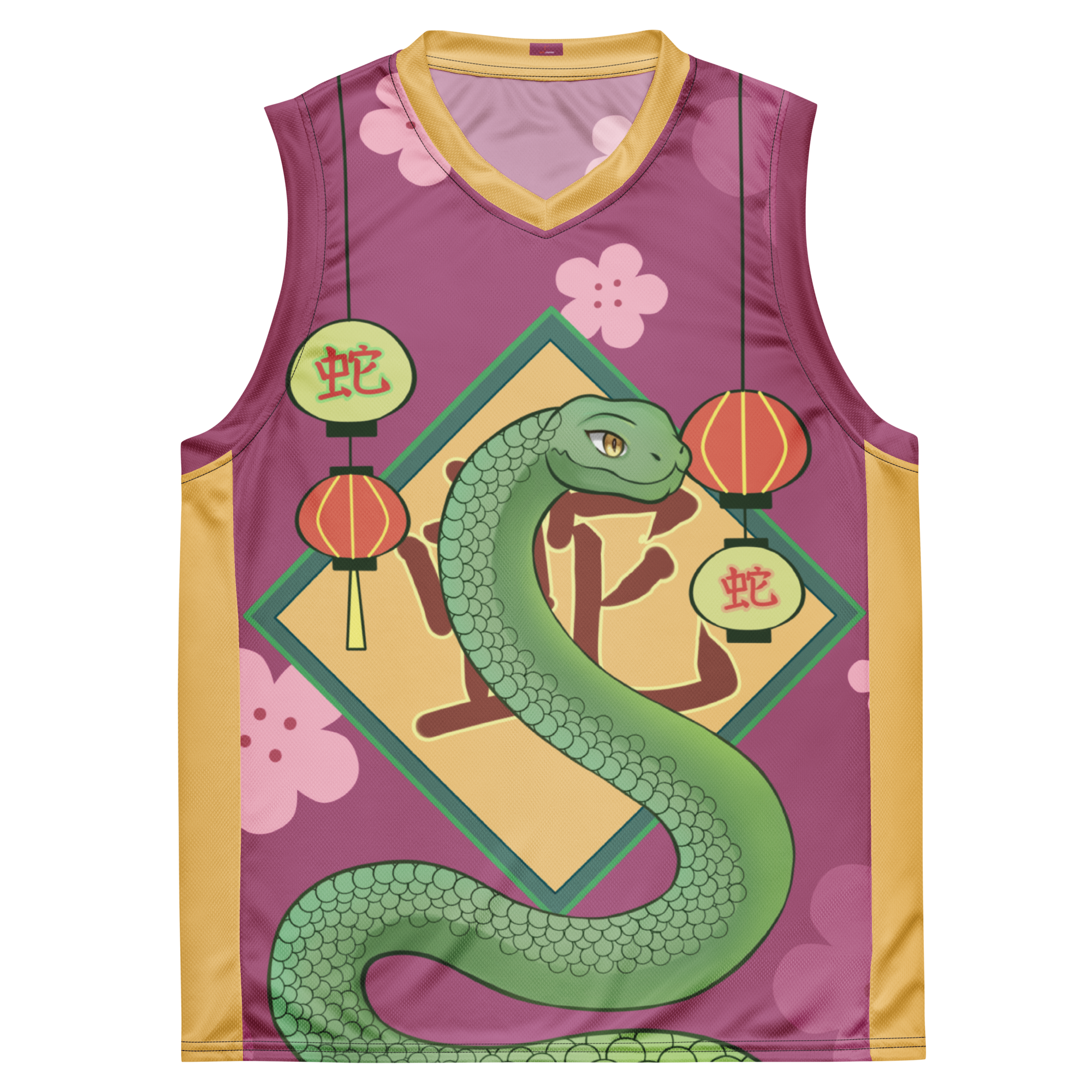
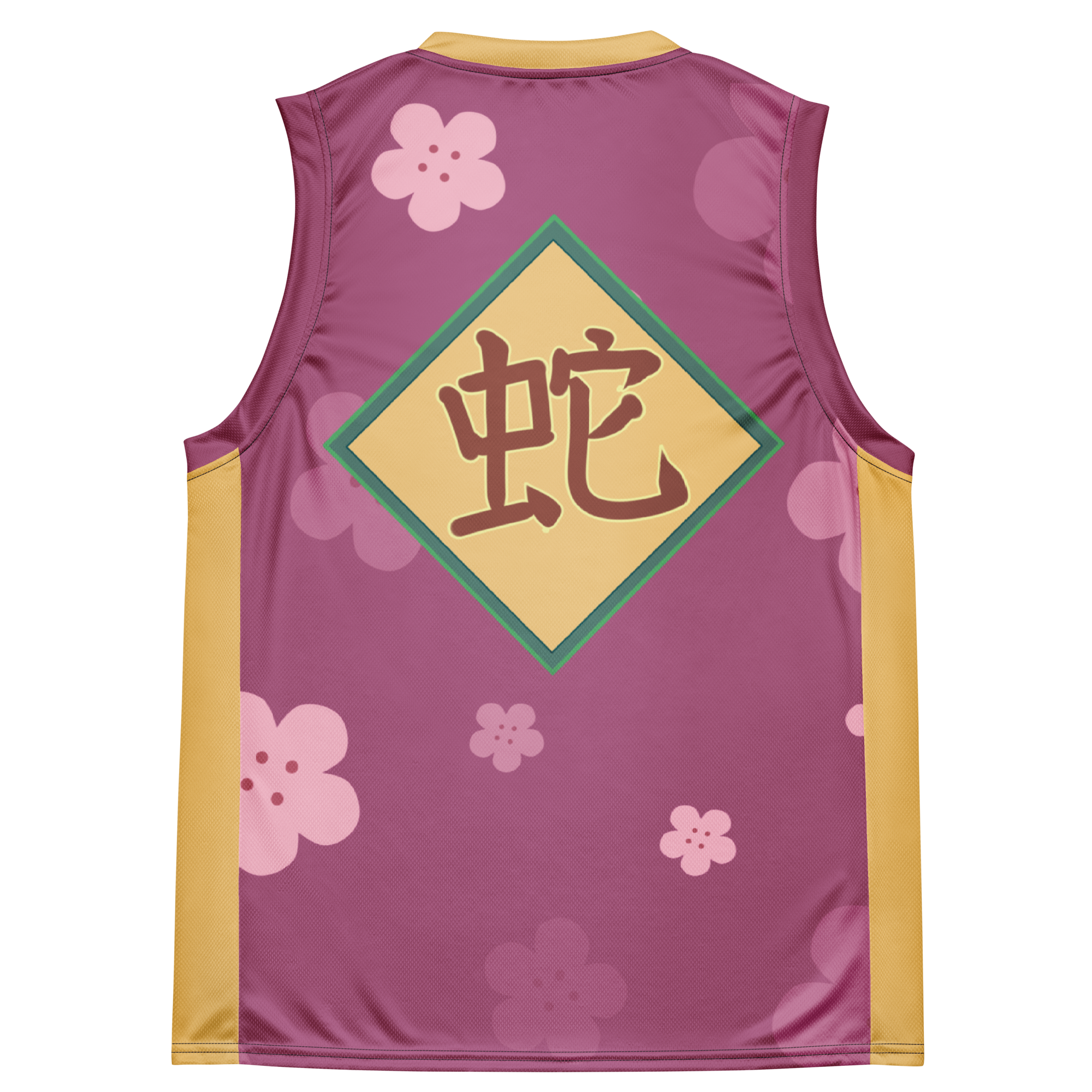
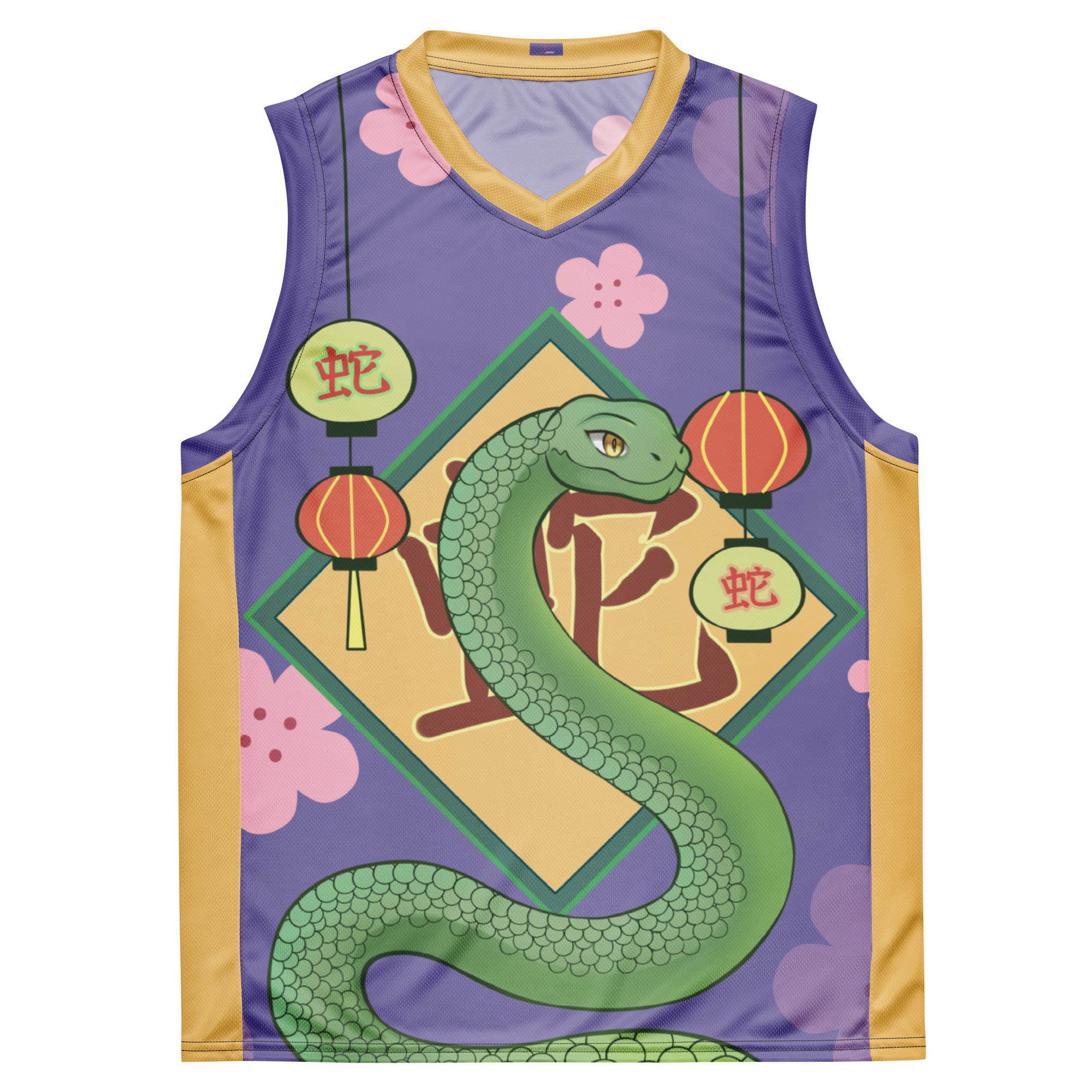
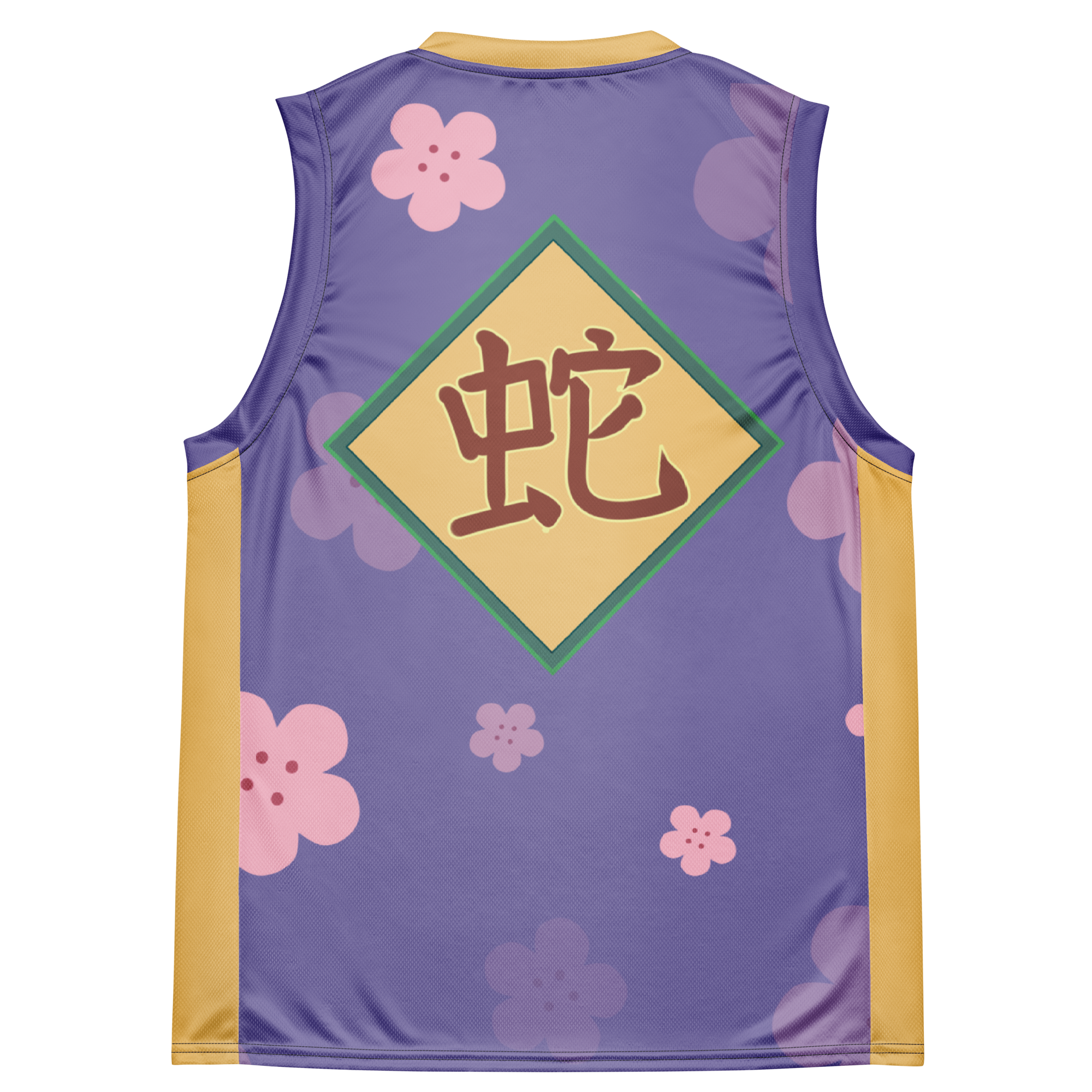
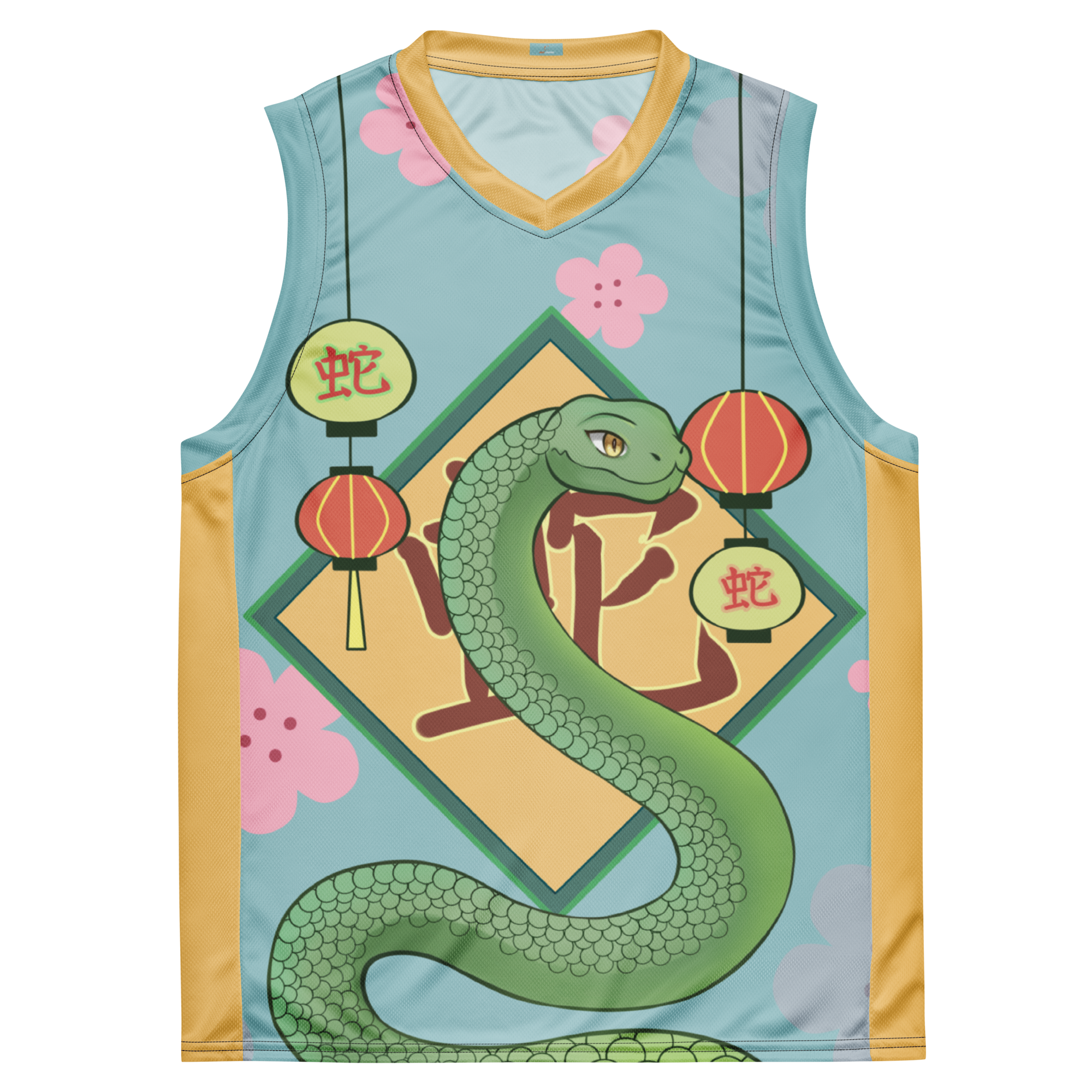
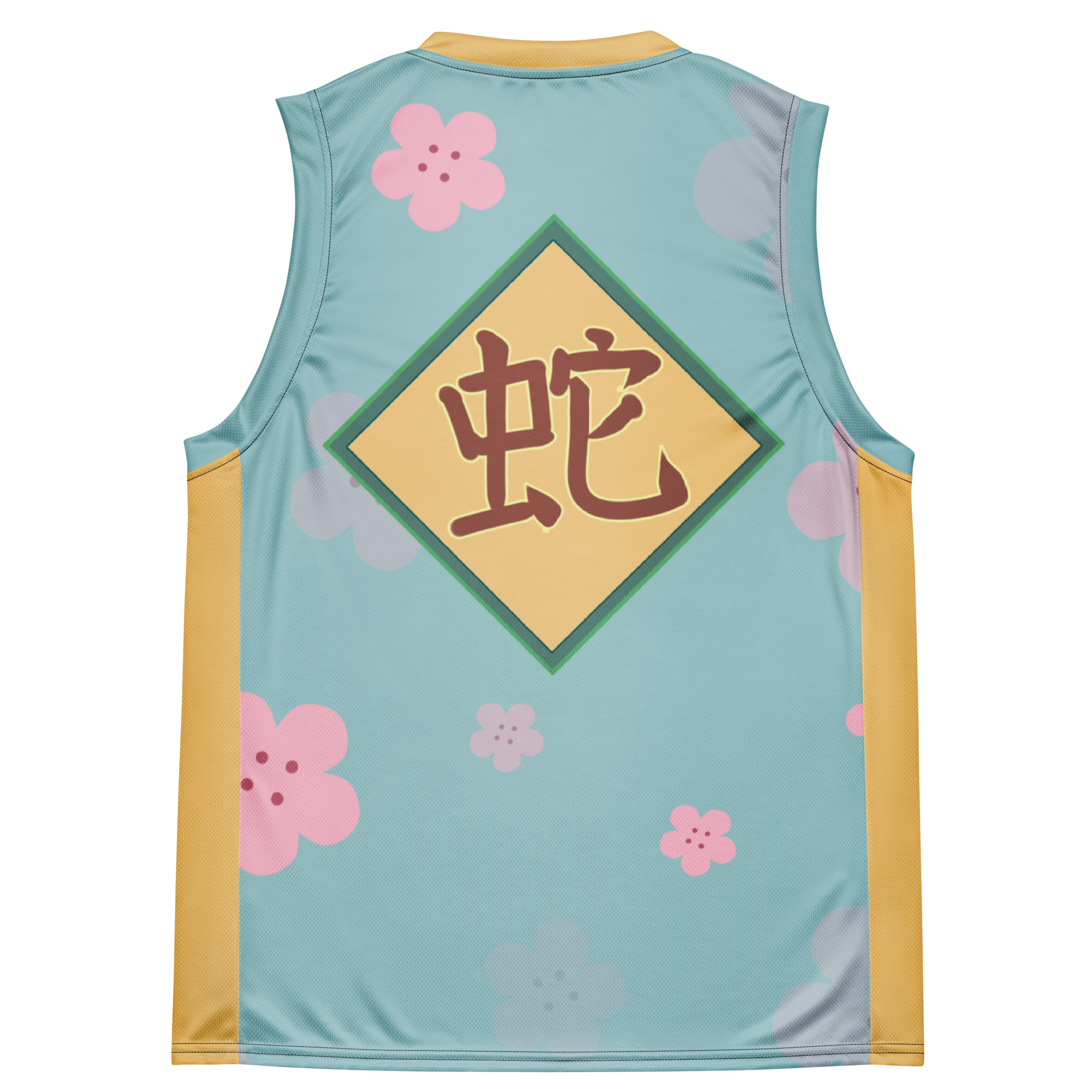
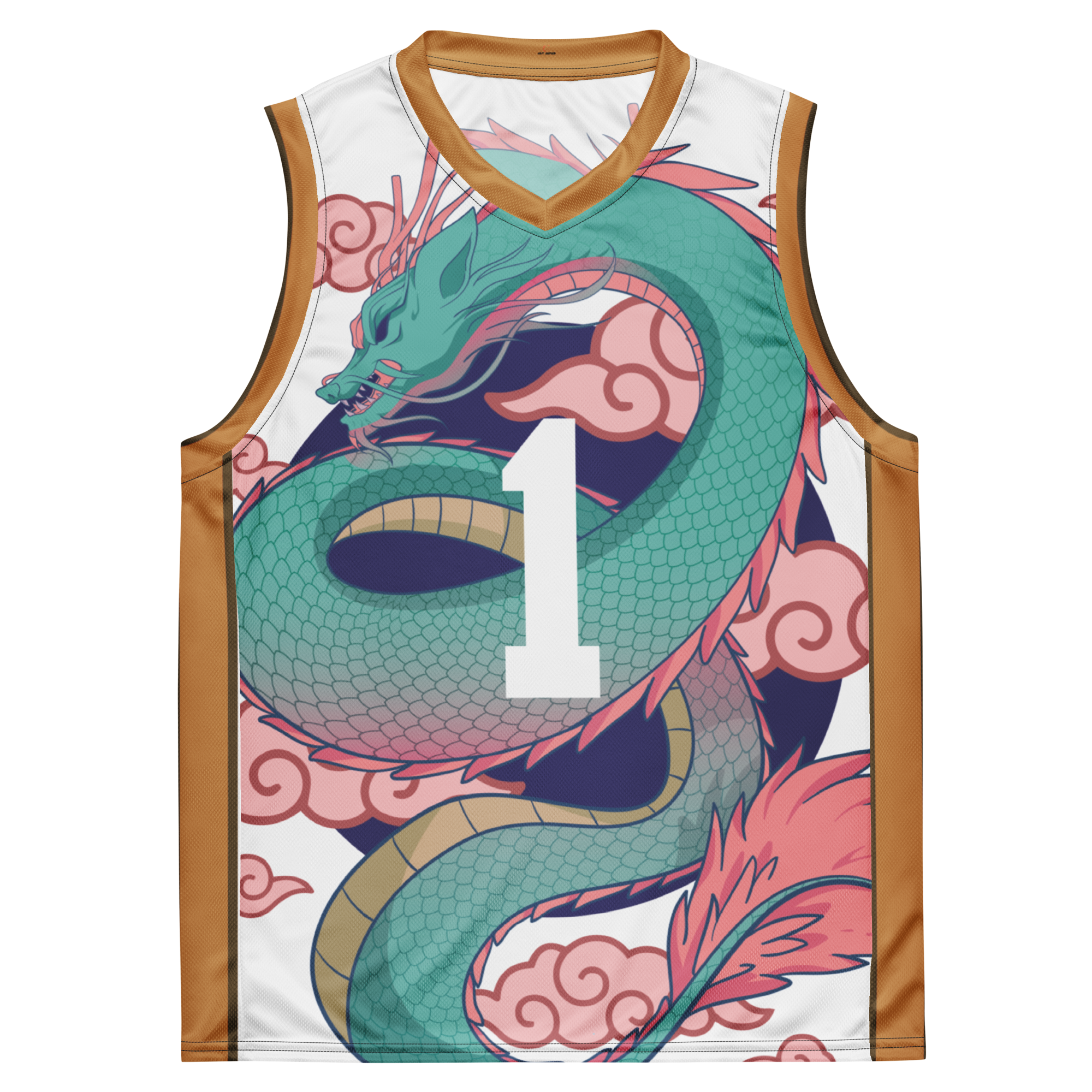
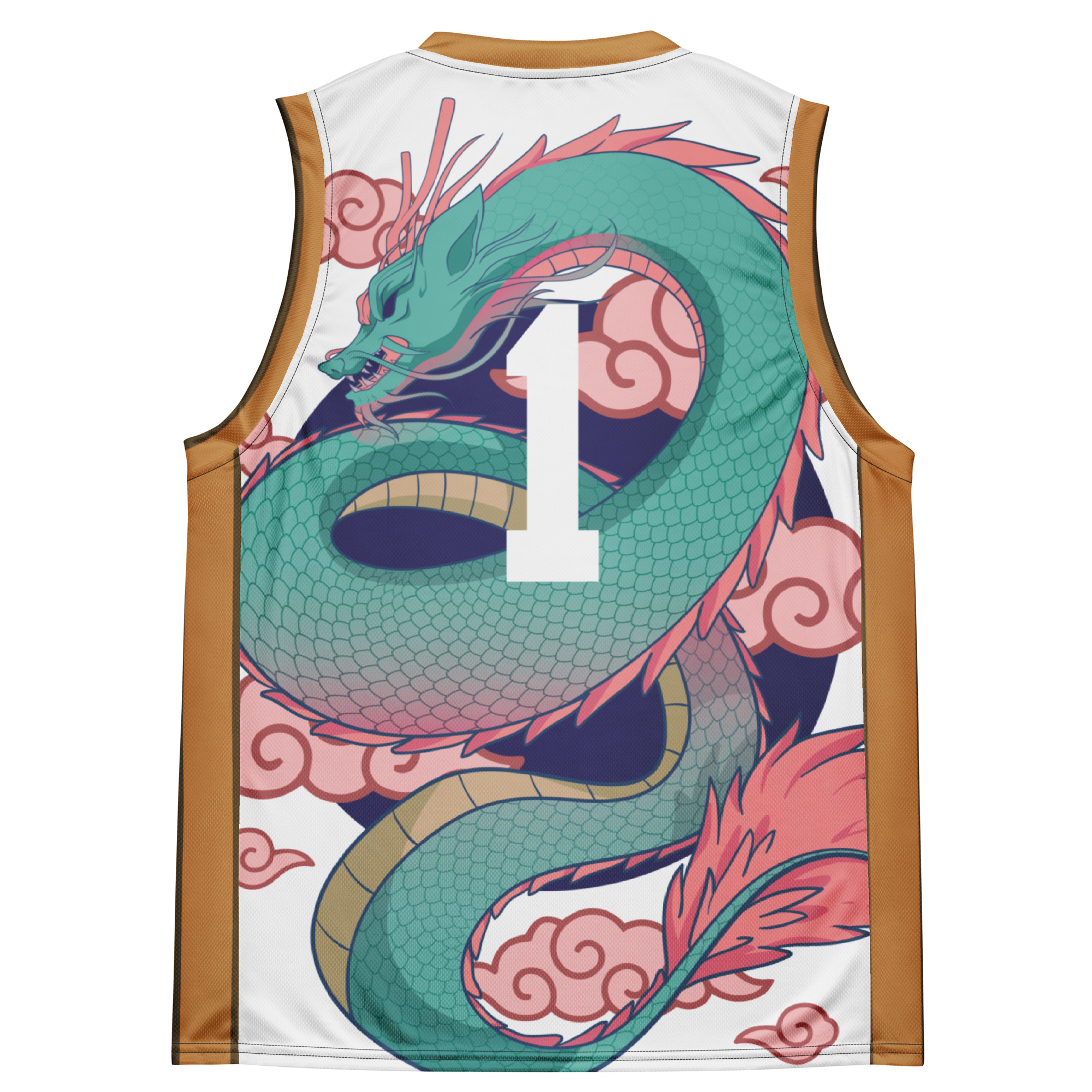
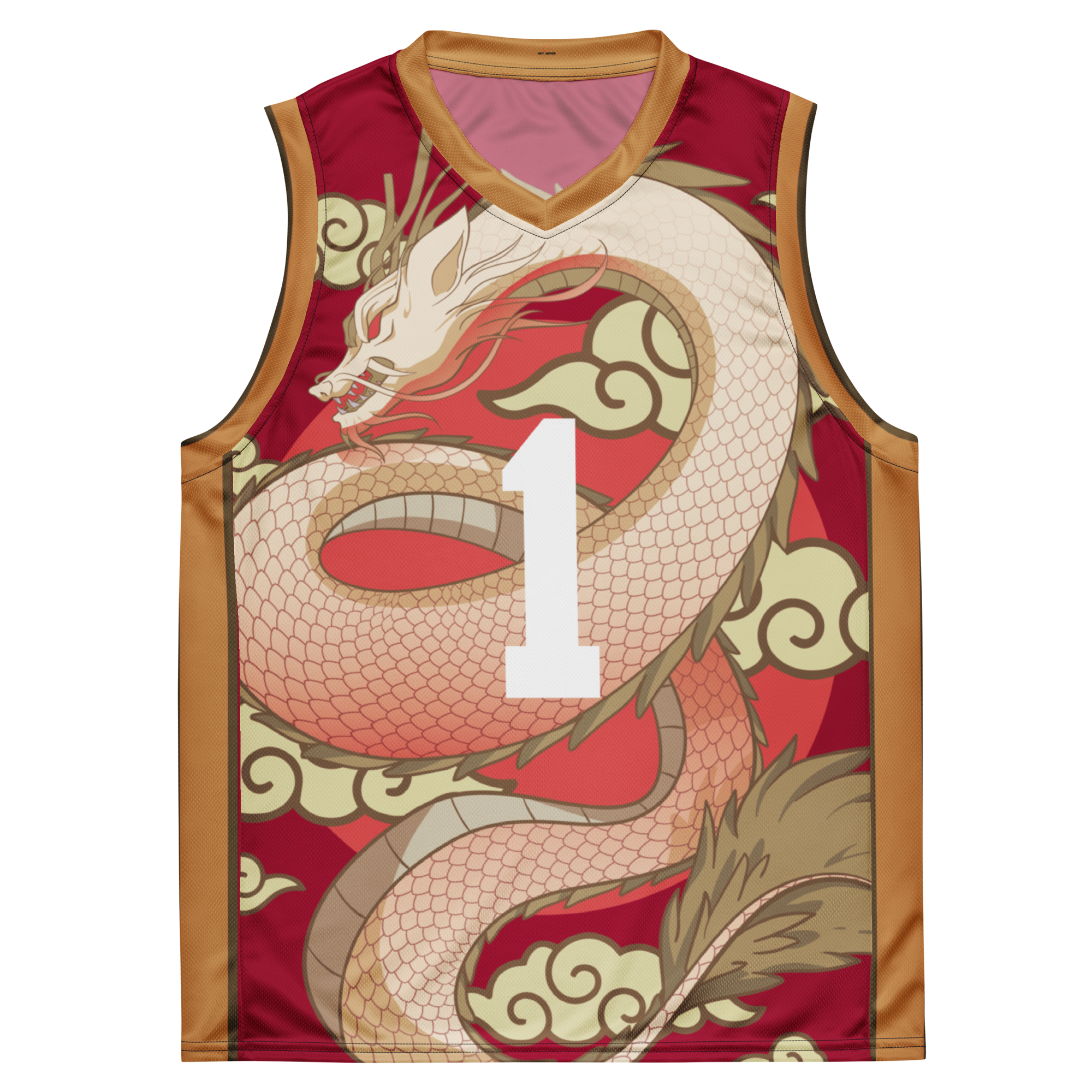
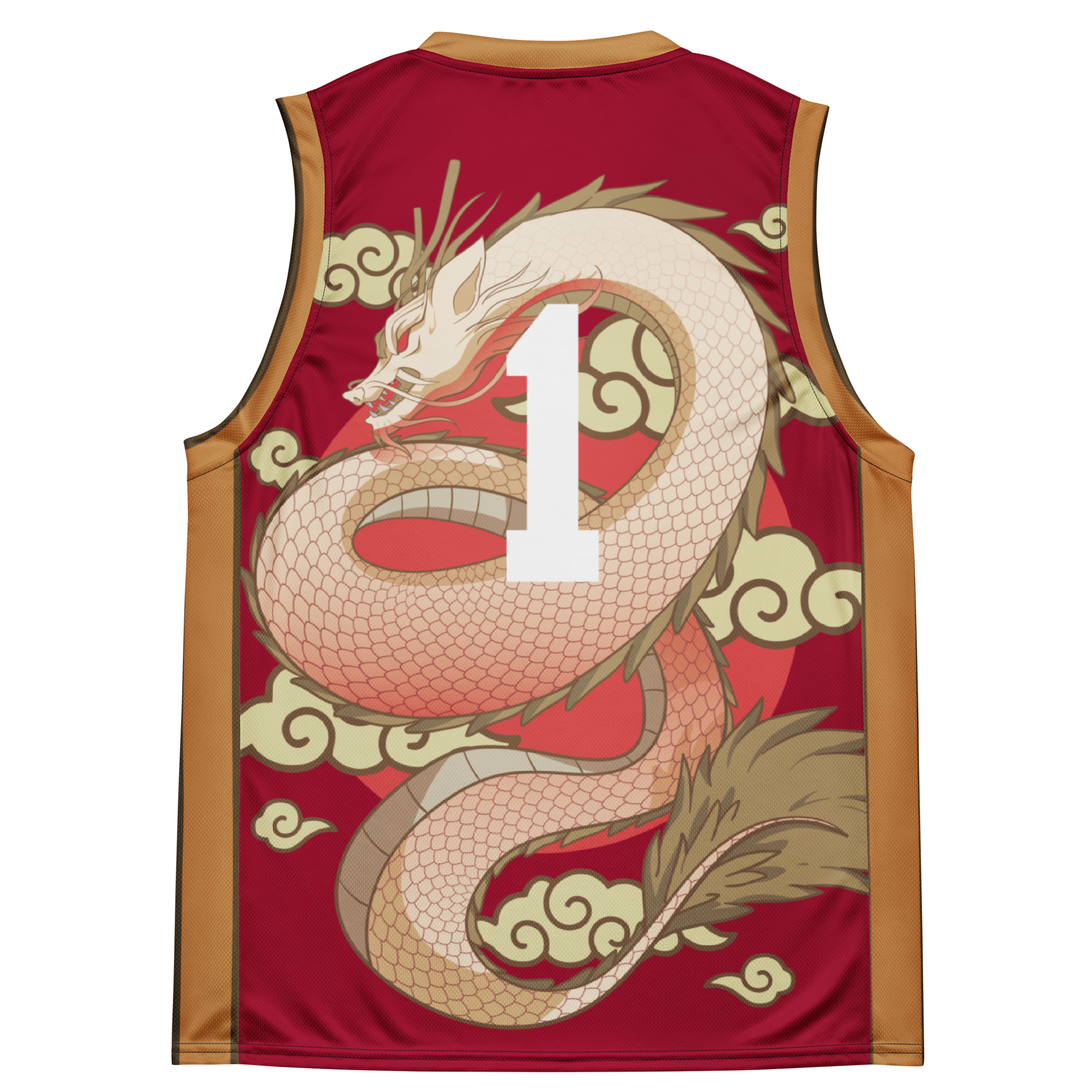
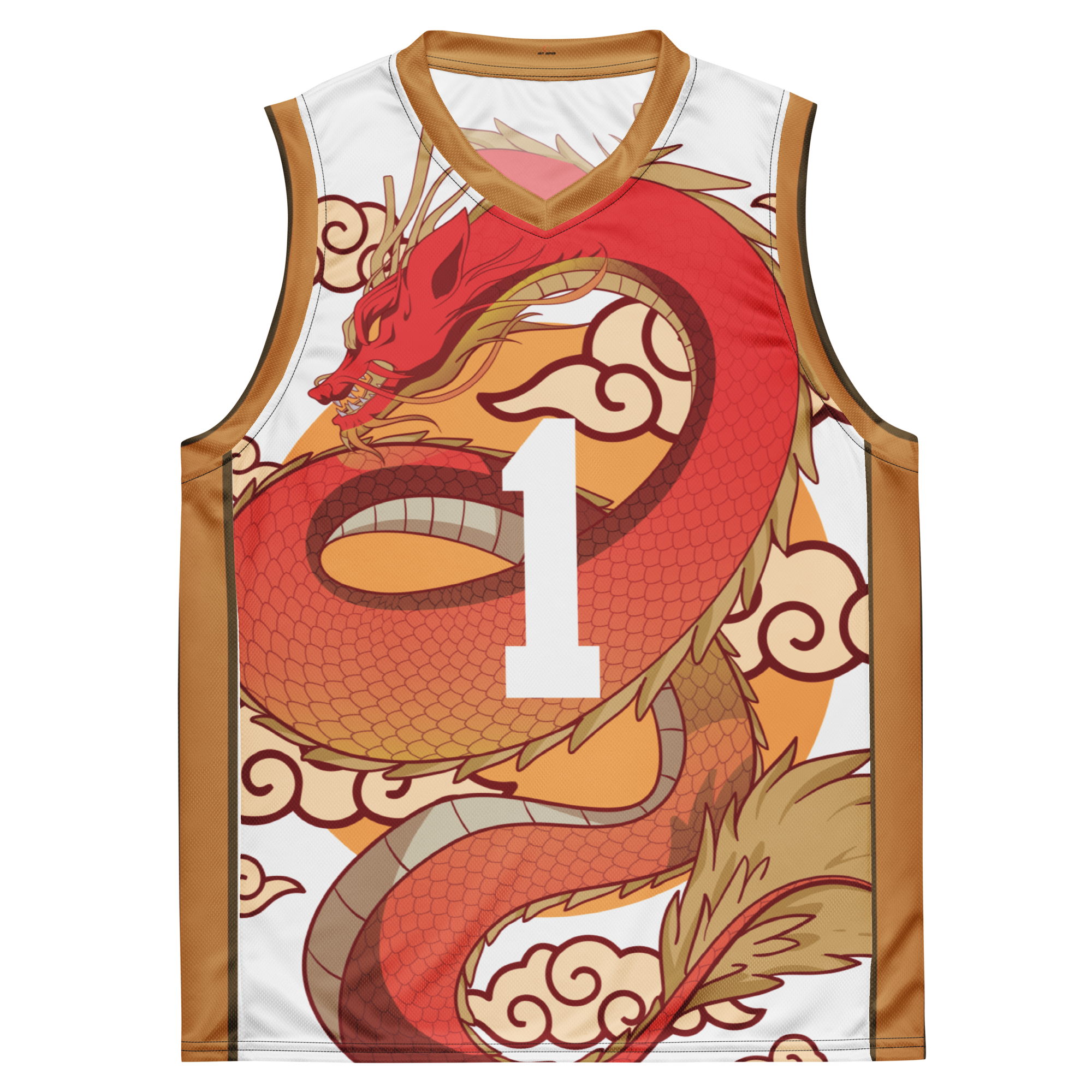
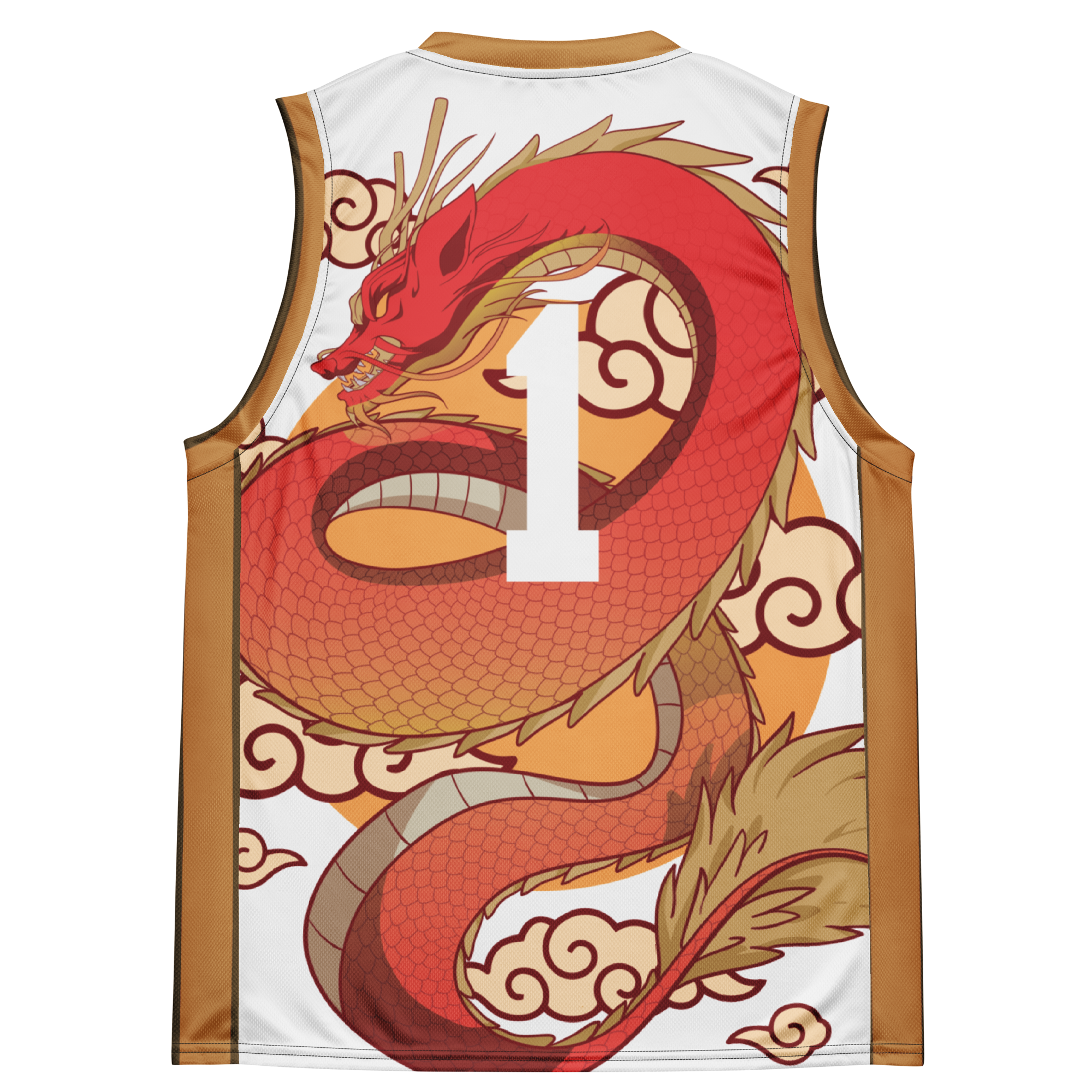




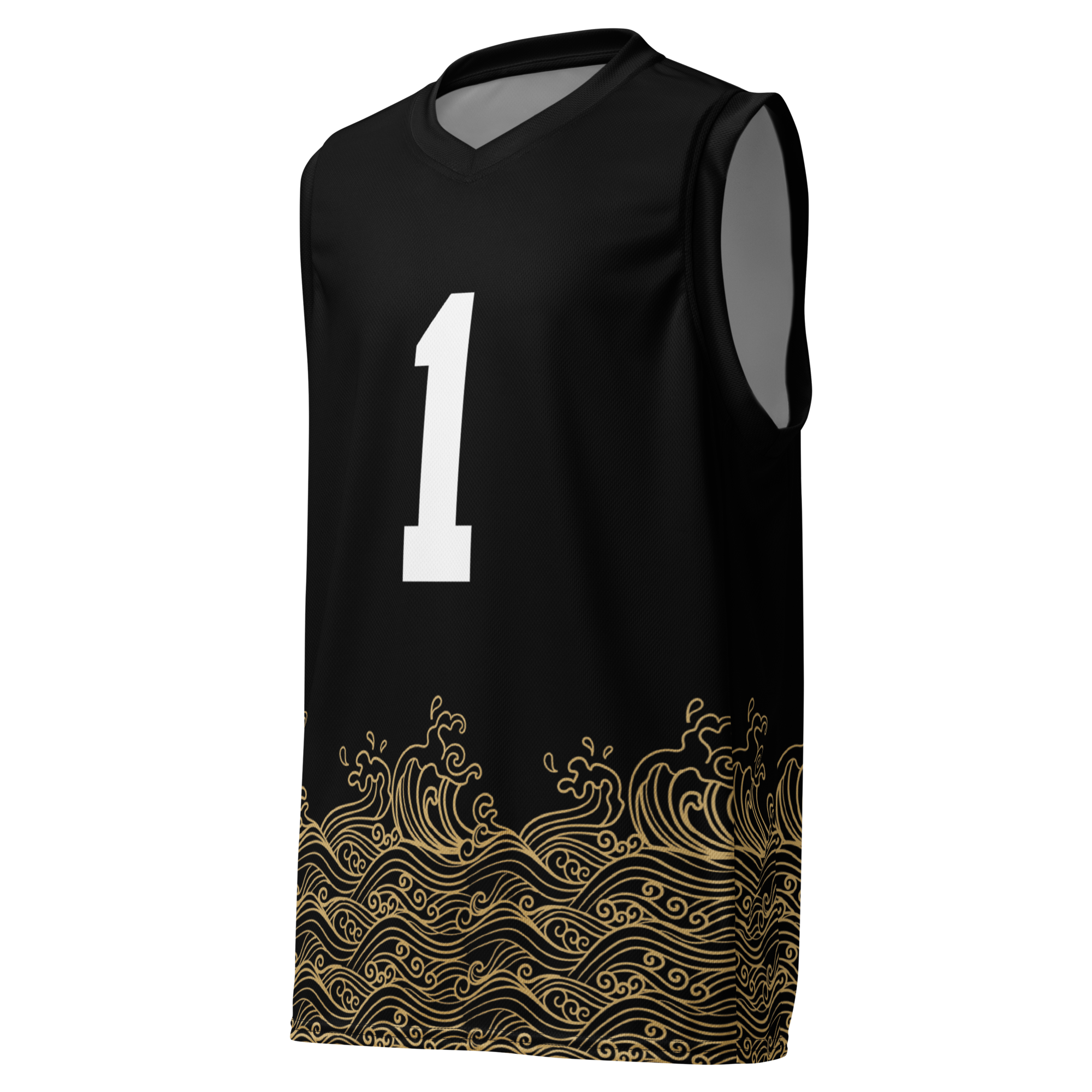
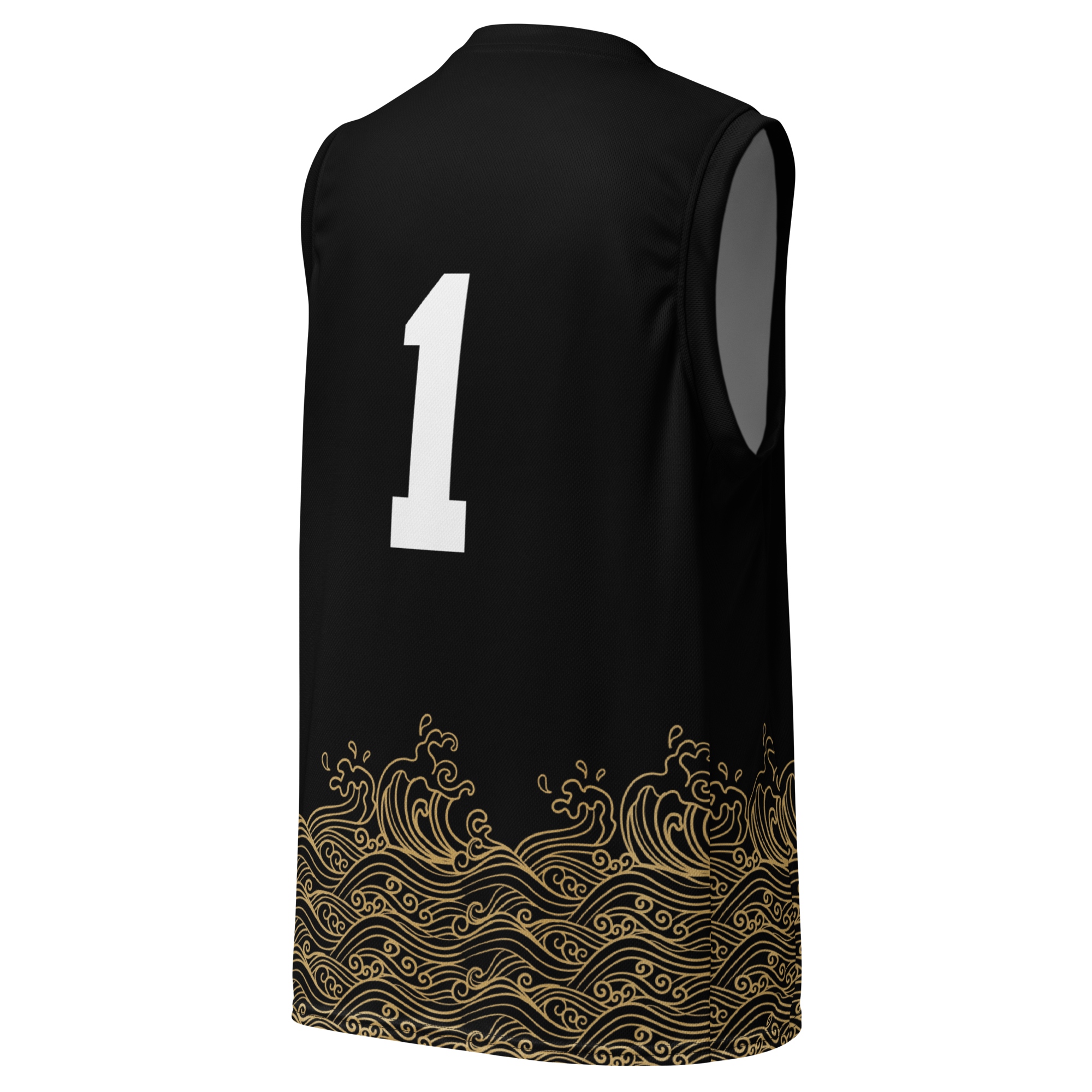


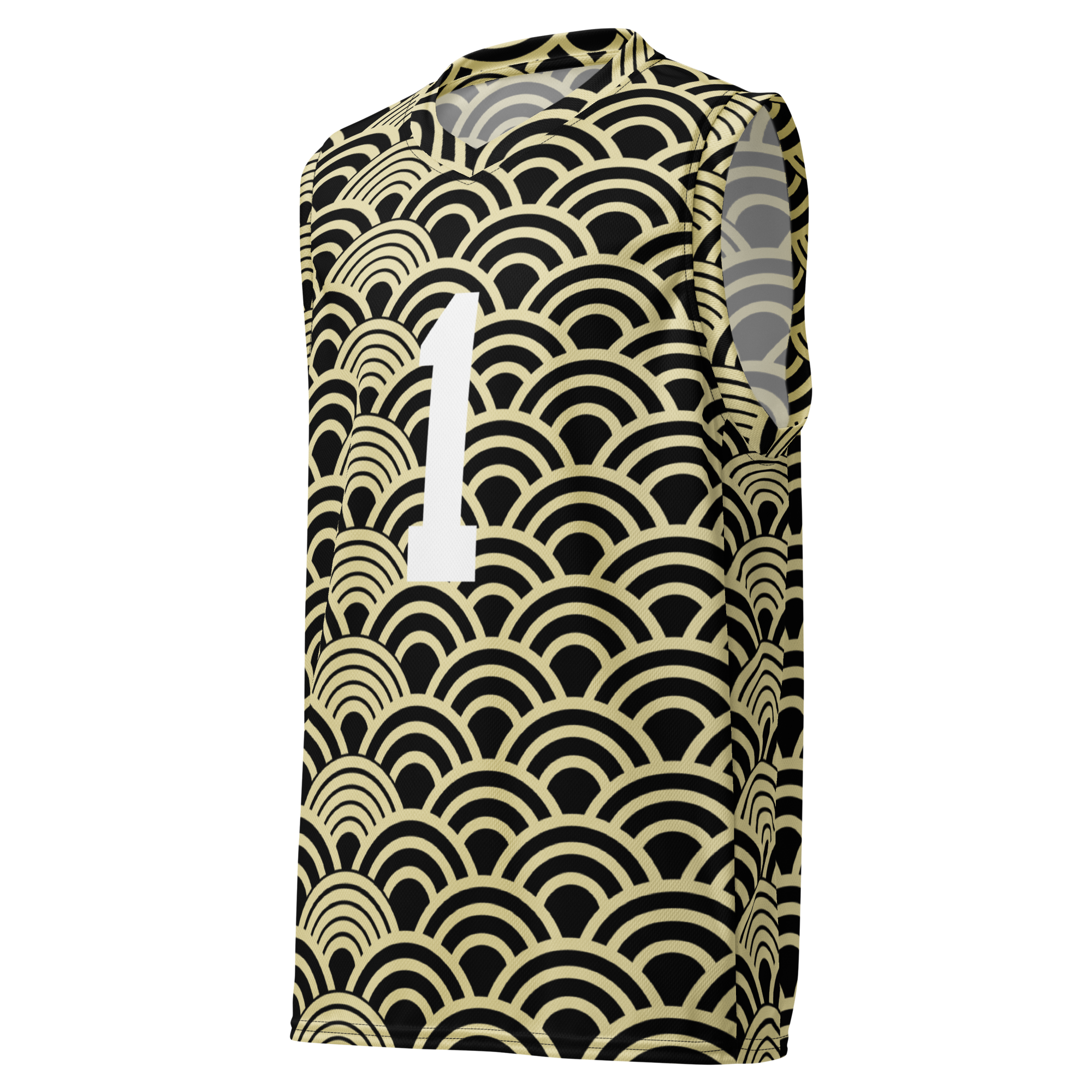
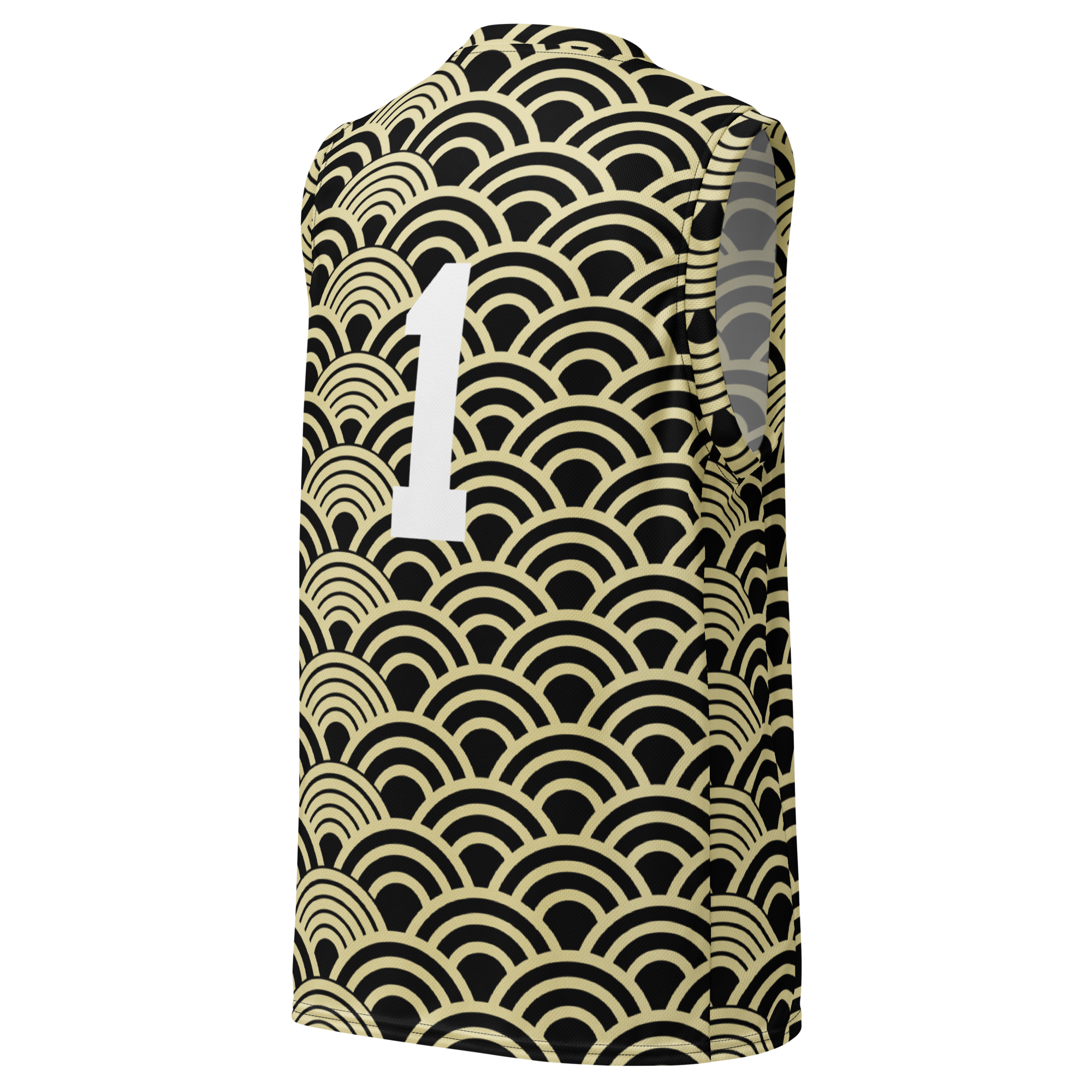
Dejar un comentario